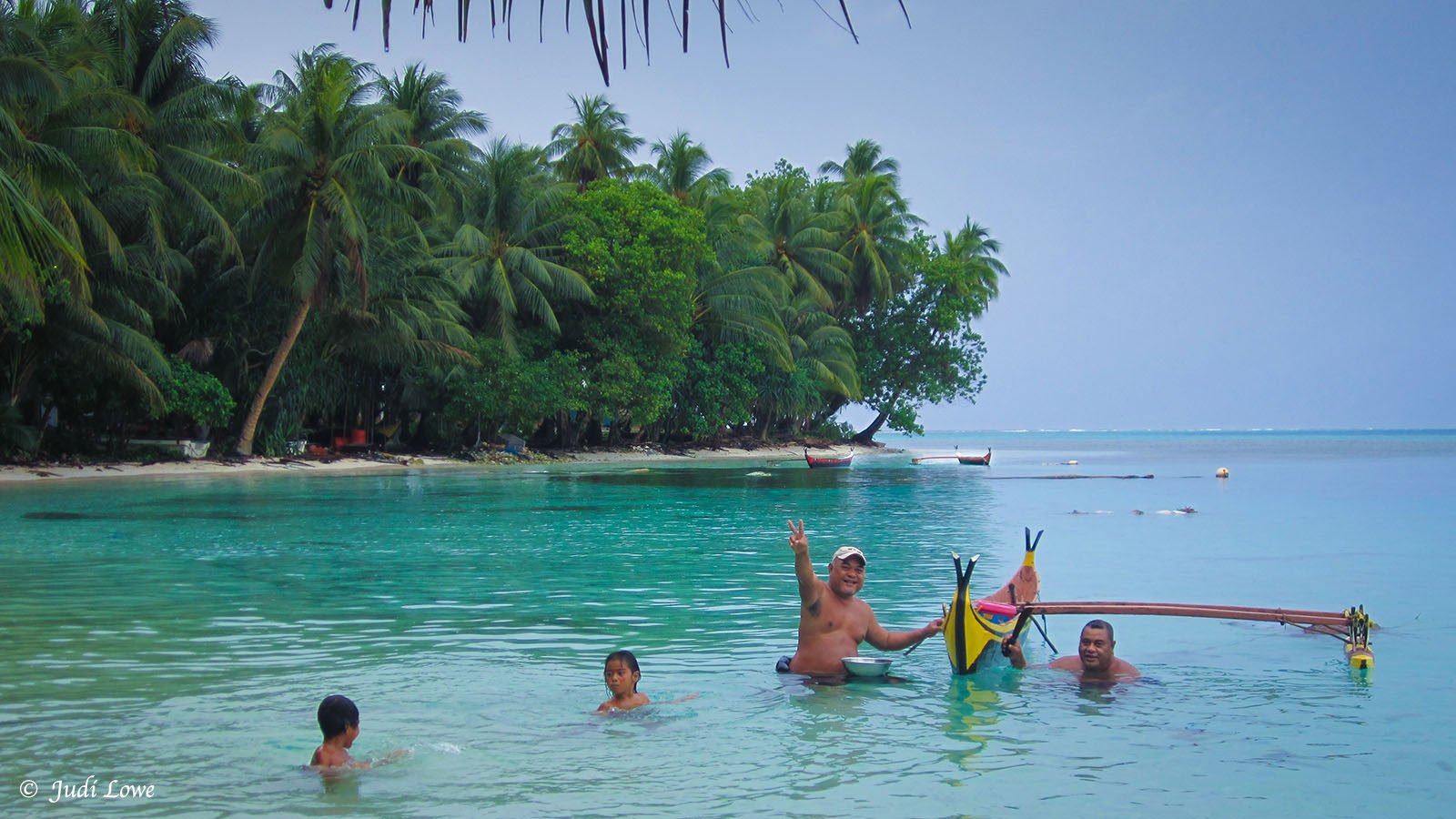traditional marine tenure
Traditional marine tenure exists where fishers and communities, traditionally hold rights, recognised by other communities, to fish and use marine resources below the high tide mark. Traditional marine tenure is not just about ownership. Tenure rights can also include the right to occupy, use and enjoy, harvest and collect marine resources and even sell, or lease coral reefs. Traditional marine tenure is rarely recognised at law.
Many of the less developed countries of the tropics where coral reefs lie, were colonised at some point. Colonists brought with them, the laws of their own countries, extinguishing traditional marine tenure. Under the legal traditions of common law (including the United Kingdom, Australia, the United States and Canada) and civil law countries (including many European countries) property rights are only recognised above the high tide mark, with everything below belonging to The Crown. Under common law and civil law systems, coral reefs, fish and marine resources are considered to be open access resources. Anyone can use or take them (subject to legislation).
When the access of fishers and their communities, is restricted by dive tourism, conflict can arise. Some fishers can resort breaking protected area rules and intensify destructive fishing. Similar levels of conflict can arise between fishers and marine protected area managers.















